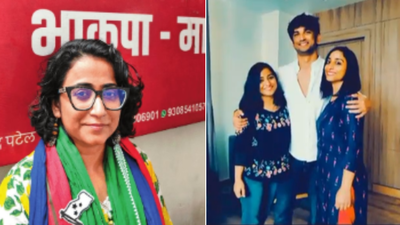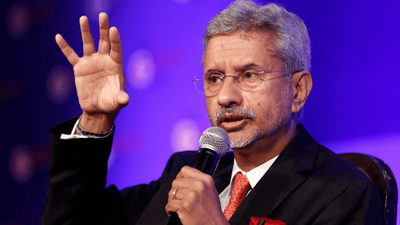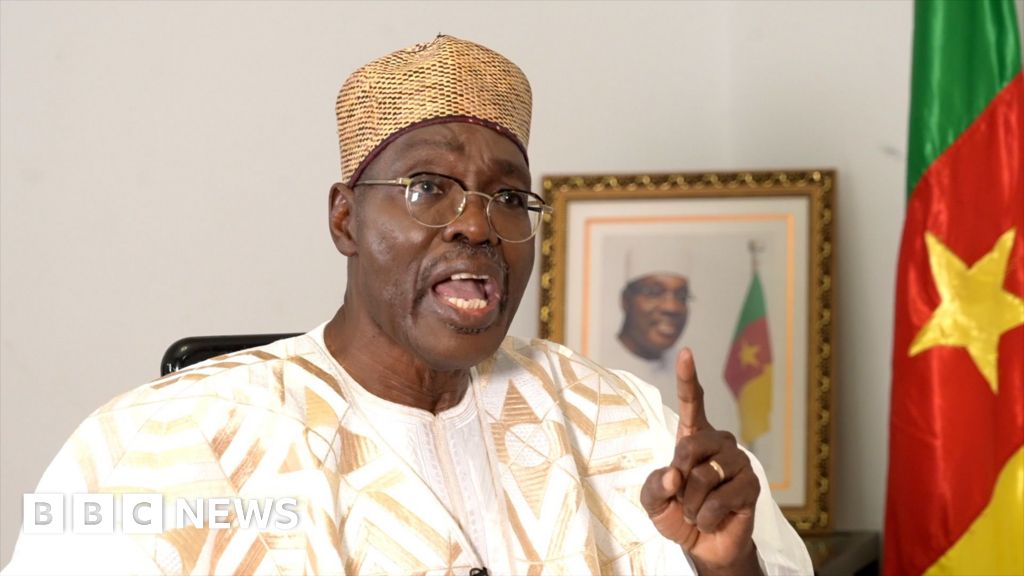
PATNA: The famous Sinha library was closed. But outside the gate, Divya Gautam, still in her teens and in the middle of a break from structured education, saw the poster of a film fest, named Cinema of Resistance. Some of the movies she saw that week, Iranian auteur Majid Majidi’s ‘Children of Heaven’, and the documentaries of displacement and forest rights by the Jharkhand filmmaker duo, Meghnath and Biju Toppo, including their aching ‘Gadi Lohardaga Mail’, stayed with her long after the lights came on.It was the beginning of a realisation for Divya that she wanted to do something different. “I wasn’t really interested in the bazaar of competitive examinations for wannabe engineers. I failed the tests,” says the 34-yearold theatre activist-cum-academic, also an unusual CPIML (Liberation) candidate contesting the Digha assembly seat in suburban Patna in the upcoming Bihar assembly elections.Divya is also a cousin of Sushant Singh Rajput, the promising Hindi film star (‘Kai Po Che!’, ‘MS Dhoni: The Untold Story’, ‘Chhichhore’) who was found dead at his Mumbai residence in 2020.Acting and activismSushant was five years older than her. Both started their acting careers in theatre. Then their trajectories changed. Sushant moved to Hindi cinema.After joining college, Divya found herself drawn towards Left cultural groups that reflected her own sensibilities. She started working in college theatre and with study groups associated with the radical Left party. In Patna College, the Saharsa-born daughter of an engineer and homemaker acted in plays like Mannu Bhandari’s ‘Mahabhoj’, discussed Occupy The Wall Street movement with fellow students and showed films such as ‘Modern Times’ to underline how capitalism dehumanises people.From culture, Divya gradually moved towards a more active role in campus politics. As a student of mass communication, she mobilised fellow students for better facilities at the department. “There was no camera, no newspaper, no studio, no library, only lectures,” she recalls. The movement achieved limited success.In 2012, Divya took the big step of agreeing to contest for the president’s post on an AISA ticket in the students’ union election. She lost narrowly to the ABVP candidate. This was also the time when she formally joined CPIML(L). When the Nirbhaya rape horror happened a few months later, she took to the streets, staging plays such as ‘Bekhauf Azaadi’ and highlighting the need for women’s agency and the importance of consent.

A different scriptIt’s been a long and twisted journey since then. Divya has post-graduated in women’s studies from TISS, Hyderabad, worked on rural development and land rights in Jharkhand, cleared and dumped state civil service, taught mass communication in Patna’s Women’s College, and acted in Italian dramatist Dario Fo’s plays while working on her PhD on ‘Caste, class and masculinity in Bhojpuri stardom’. “I refused the govt job because I knew I won’t be able to speak up,” she says.A few weeks back when the party asked her to contest from Digha, a seat that BJP retained, polling 57% votes in 2020, she readily agreed. CPIML(L) had got 30% of the votes cast.Santosh Sahar of CPIML(L)’s central committee says that voters in Digha are predominantly middle class. “As an educated woman, who has always spoken up for gender rights, and has been committed to the rights of the marginalised, Divya was a good choice for the seat,” he says.Divya has started campaigning and says “there are so many issues”. “Unemployment, absence of quality education for the youth, migration… We have a Patliputra Industrial Area, but no industries,” she said.The activist-academic points to the city’s open drains, harassment of daily-wagers, atrocities against the urban poor and the ‘saffron’ politics of polarisation.She also talks about Sushant, who taught her mathematics when she was a kid and whose work she admires and is inspired by. “I remember him as an artiste,” she says. “No matter what, I will always do 1-2 plays every year. It will be my tribute to the theatre and him.”







